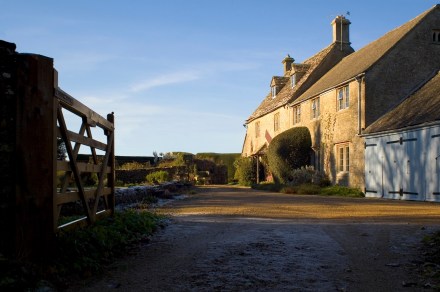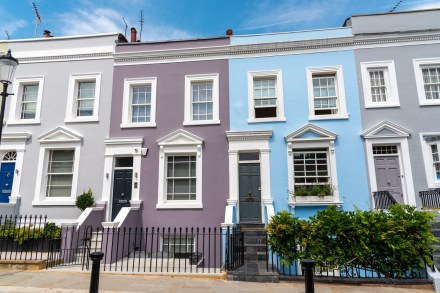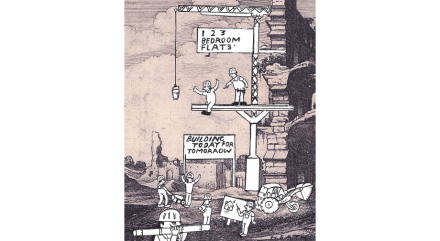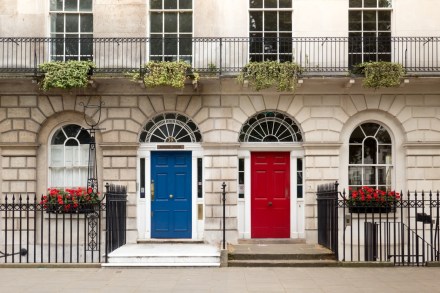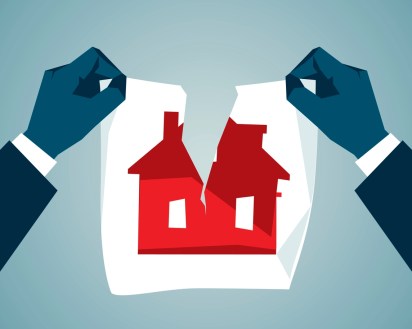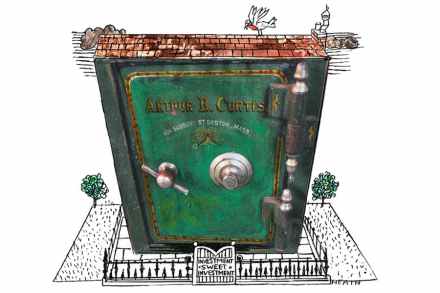Why there’s never been a worse time to move to the country
It began with a sourdough starter. Then we dabbled with home delivery cocktails. This time round, I watched The Dig and bought a Fair Isle tank top and a blouse with a big collar to wear for Zoom calls. Then, when my husband’s company announced they’d be hiring remotely, we embraced the biggest lockdown cliché of them all: moving to the country. Mentally, we checked out of London and started rubbing our hands in expectation of what we could get in exchange for our terraced house in Zone 2. Outdoor space, a couple more bedrooms – the trade-off many Londoners have come to expect in exchange for enduring the years




